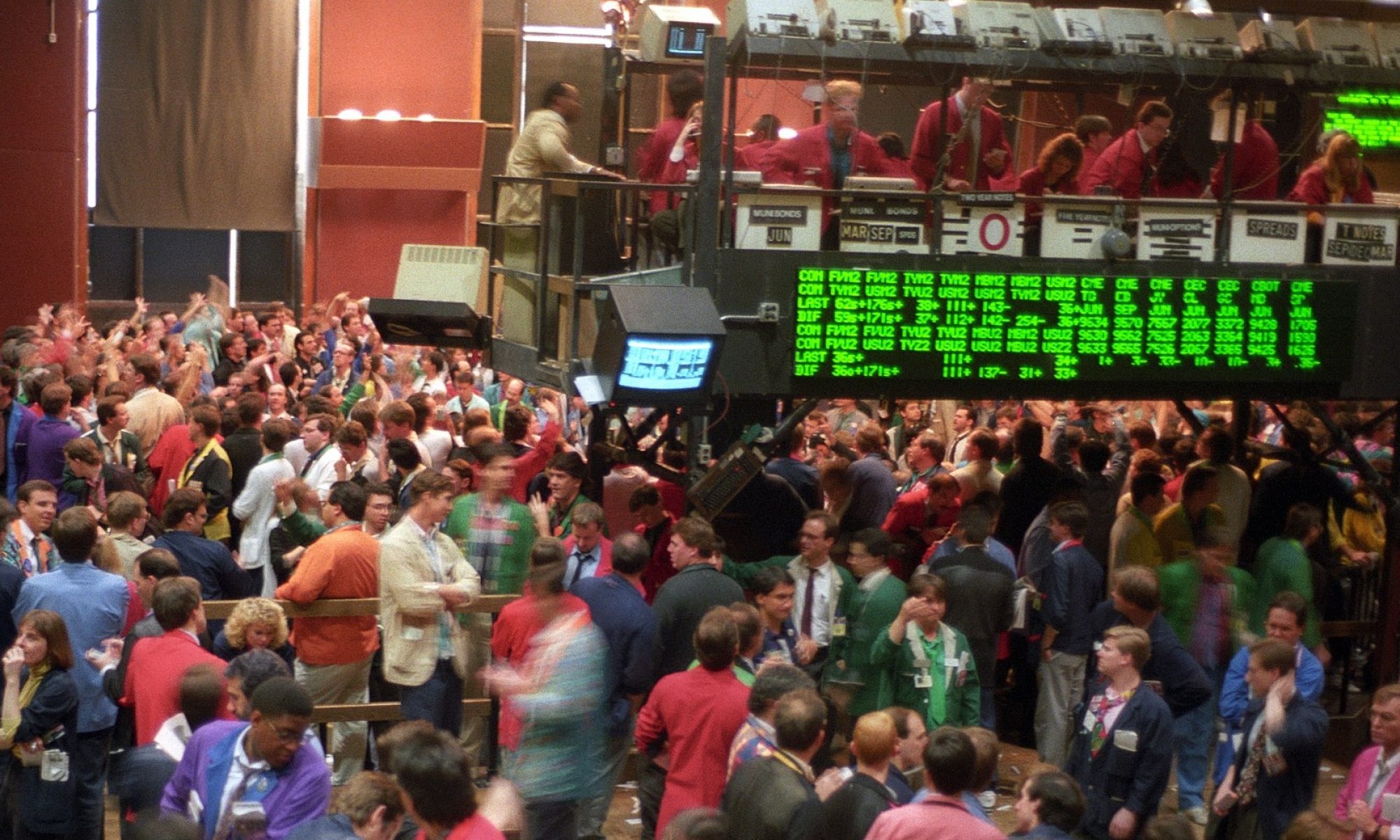Forgiving Computers began developing trading systems for Sierra Chart, which has a very powerful user interface for creating and combining studies, alerts, and trading systems. At first, spread sheet studies were used, due to their simplicity and ease of creating new tools. Spread sheets, which automatically import price data and the values of the attached chart studies, allow new formulas to combine input data to create new outputs: lines, symbols, backgrounds, alerts, and trade entries and exits.
While flexible and relatively simple, the spread sheet studies create a new set of complications. For one, they cannot be shared between chart books. To do so would create a performance bottleneck on top of the overhead provided by the spreadsheet functionality. Another drawback is the performance penalty of using spreadsheets, since the study is going through a layer of translation into and out of the spreadsheet.
The alternative to creating custom studies in spreadsheets is to write them in a high level programming language and compiling them to plug in efficiently to the Sierra Chart platform. Sierra provides an Application Programming Interface (API) called ACSIL, or Advanced Custom Study/System Interface and Language. This allows new studies to be written in C++, the same open source programming language that not only Sierra Chart is written in, but C++ and its older relative C, are the “languages of choice” when performance is important (think operating systems, drivers, games, browsers, etc.). By writing custom studies and trading systems in C++ we get the benefits of a rich programming interface, which means we can get “under the hood” and do things that the spreadsheet studies cannot do. For example, order flow data (i.e. Number Bars in Sierra) is available in ACSIL but not in spreadsheets. Will C++ DLL studies, Trade Order Quantity does not have to be set in two places, the study has its own inputs, without relying on another study for Inputs. The potential for more and better advanced systems is far higher with hard coded, C++, studies.
The S3, T3, and W3 trading systems have all been rewritten in C++, and they are now available as DLL files, as all studies included in Sierra Chart are. There is no issue with sharing DLL files across chartbooks, as each chart gets its own copy of the study without being shared. Their compact size means improved performance. Also, they can be made available to customers on a time limited trial basis, allowing you to test drive them before buying. Besides being smaller and faster, the DLL’s are automatically installed in your data folder (even if you have more than one instance) and are automatically updated.
From this point on there will no longer be system development or updates for spreadsheet systems. They will continue to function, but support for them will end sometime this summer. You are encouraged to give the tools a try and compare it side by side with the spreadsheet system. Owners of the Version 1 and 2 systems will receive a discount off the lifetime subscription equal to the price they paid for the spreadsheet system(s).
